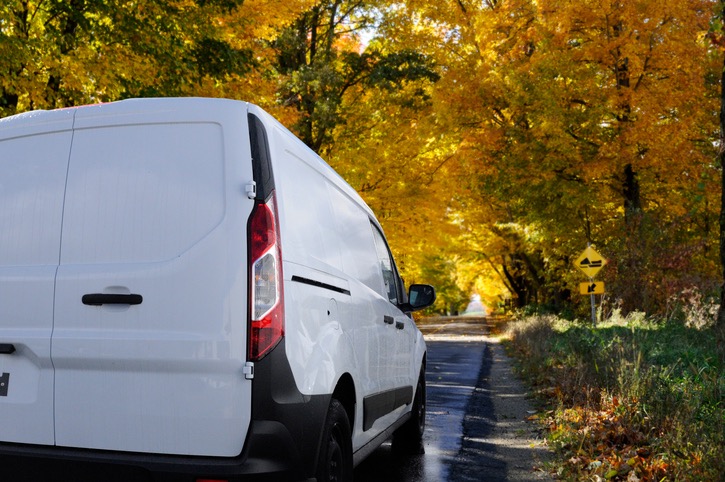
Purchasing the right van can make a real impact on both your daily productivity and the company’s bottom line.
Here are some major features to consider when comparing vehicles.
The right size
At first glance, it might seem like cargo vans are all approximately the same size–but small changes in wheelbase, roof height or length can make a big difference.
Think about what you will be transporting and be sure to physically measure the cargo area of each van to make sure it will comfortably fit. A smart idea is to bring a couple of the larger objects along for a real-life test run. Consider not only how well they fit but also at how easy they are to load/unload.
If you plan to install permanent tool chests or other cabinets for storage, consider a high-roof van to make it easier to stand up in the back.
Bigger isn’t always better. A smaller van is easier to drive around in a big city and better on gas mileage. Do your due diligence to make sure you buy a van that is large enough to suit your storage and transportation needs.
Gas mileage
Approximate how many miles do you drive in a typical week? This number should make it easy to quickly calculate and compare monthly gas costs between two vehicles based on their MPG.
Are most of your service calls local? Do you often need to drive long distances? Balance gas mileage with other features. It shouldn’t be the deciding factor but it will be financially significant over time.
Door options
The type and number of doors should play a role in your decision.
Do you need a sliding door on the side for easy access? Or are you better off with only Dutch doors on the back to increase storage capacity? What about a lifting rear gate?
Think about how you need to access the vehicle on a typical workday, especially if your field requires that you’re frequently in and out of the van. Do a dry run and test how easy it is to load/unload large objects through the door openings.
Powertrain and payload
Powertrain and payload size play vital roles in how many pounds the vehicle’s suspension can support and whether the engine, transmission and drive shaft will have the power to pull the load.
Additional hauling power costs money – but not as much money as needing to replace a vehicle that can’t do its job. If your business requires you to transport heavy loads, make sure the van you choose can handle it.
A test drive
Unlike purchasing a passenger vehicle where a spin around the block will suffice, give any work van a real run for its money before signing on the bottom line.
Test maneuverability, particularly in real world scenarios like backing into a challenging parking spot or taking tight corners. If possible, visit the neighborhood where you usually work.
Reliability
Research vehicle reliability ratings as well as longevity. You can’t have employees breaking down on their way to the job site and you don’t want to replace your van in just a few years.
Bonus features
The base model for cargo vans tend to be much more “base” than what you’re used to with passenger vehicles. Consider paying for a few upgrades and comforts.
Navigation, rear camera, electric locks/mirrors and a better-than-bare-bones audio system can improve your driving experience during the workday.
Don’t forget to get the best insurance for your work van either, contact the experts at John B Wright for that.

Leave a Reply